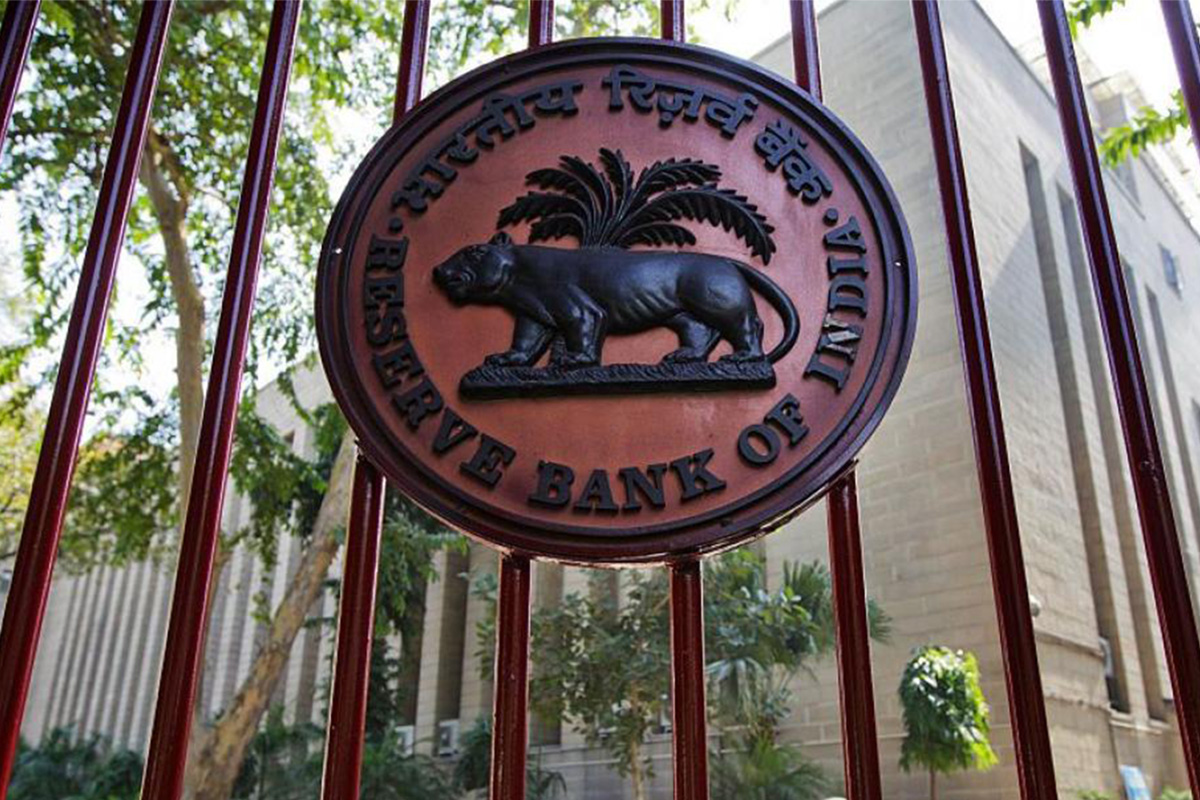Manmohan Singh’s far reaching reforms that made India a fastest growing economy
India has lost a towering figure in the Indian economic landscape, former Prime Minister of India, Dr Manmohan Singh.
Three members of the panel are from the RBI, including the Central bank’s Governor and the rest three are external or independent members.

The original schedule of the six-member meeting was September 29-October 1 (Photo: Getty)
As the newly-constituted monetary policy committee (MPC) started its three-day deliberations on Wednesday, experts said the Reserve Bank of India may opt for status quo in view of the hardening inflation. At the end of the deliberations, the RBI will come out with its monetary policy review on Friday.
The original schedule of the six-member meeting was September 29-October 1. However, it was postponed as there were three vacant posts of external members in the MPC which the government had to appoint. The quorum for the meeting of the MPC is four members, with each member having one vote.
Advertisement
Three members of the panel are from the RBI, including the Central bank’s Governor and the rest three are external or independent members.
Advertisement
The four-year terms of three external members of the MPC, appointed in 2016, ended last month and the vacant posts are yet to be filled by the government. Nevertheless, the Centre on Monday appointed Ashima Goyal, Jayanth R. Varma and Shashanka Bhide as members of the MPC.
Industry bodies are of the view that the RBI should maintain its accommodative stance on the policy interest rates in the wake of serious challenges in limiting contraction in the economy due to COVID-19 pandemic.
Tanvee Gupta Jain, Economist, UBS Securities India said that retail inflation (CPI) was above the RBI’s upper tolerance band of 6 per cent in the past two quarters (March and June 2020), and likely remained above 6 per cent in the September quarter too.
Jain expects the RBI to keep the policy rates on hold.
“That said, we maintain our base case view that the policy easing cycle is not over yet. We expect a further 25-50 bp rate cuts in FY21, likely in the December/February policy review once CPI inflation has eased close to the RBI’s 4 per cent,” the UBS analyst said in a report.
“The new MPC composition comprises diverse academics which could bring a wider perspective to the monetary policy arena. The upcoming policy nonetheless will be a damp squib on the conventional policy action front,” said Madhavi Arora, Lead Economist, FX and Rates for Edelweiss Securities.
“The new external members are likely to keep the continuity of policy tone set by the previous MPC in October policy and their thought process and biases would be firmly established over the course of time.”
RBI Governor Shaktikanta Das had earlier said, although there was headroom for further monetary policy action, it was important to keep “our arsenal dry and use it judiciously”.
After its last MPC meeting in August, the RBI had kept interest rates unchanged to help tame inflation that in recent times had surged past 6 per cent mark, and said the economy is in an extremely weak condition following the pandemic. The RBI has cut interest rates by 115 basis points since February.
Advertisement